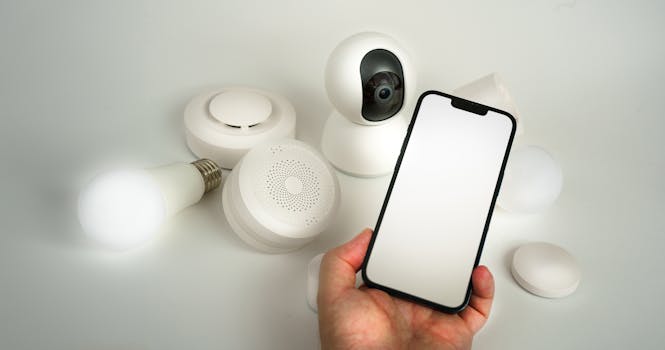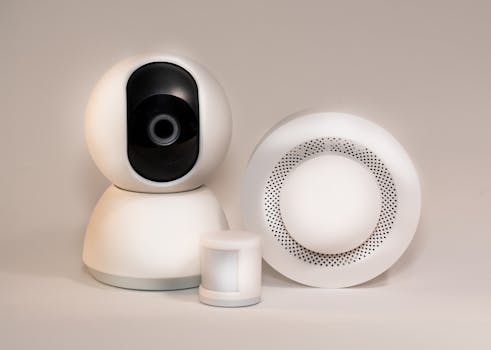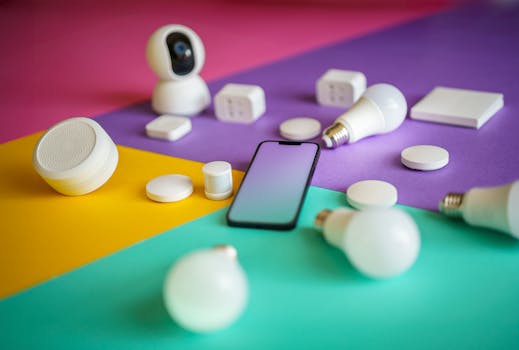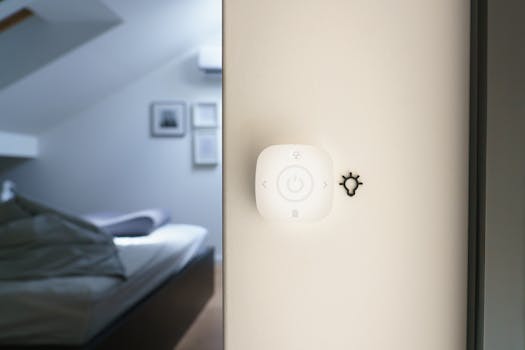
Home Automation in 2025: The Smart Home Ecosystem
Home Automation in 2025 is revolutionizing the way we live and interact with our homes. The smart home ecosystem is becoming increasingly advanced, with cutting-edge technologies like artificial intelligence, IoT, and voice assistants transforming our living spaces into futuristic hubs of convenience, comfort, and sustainability. In this article, we’ll delve into the world of home automation in 2025 and explore the exciting developments that are shaping the future of our homes.
The Evolution of Home Automation

Home automation has come a long way since its inception. From simple lighting control systems to complex networks of interconnected devices, the technology has evolved significantly over the years. Today, home automation is no longer just about controlling lights and thermostats; it’s about creating a seamless, integrated, and personalized living experience. With the advent of smart speakers, voice assistants, and AI-powered devices, the smart home ecosystem has become more sophisticated and intuitive than ever before.
Key Components of the Smart Home Ecosystem

The smart home ecosystem consists of several key components, including:
- Smart Speakers and Voice Assistants: Devices like Amazon Echo, Google Home, and Apple HomePod are the brain of the smart home, enabling voice control and seamless interaction with various devices.
- IoT Devices: A wide range of devices, from smart thermostats and lights to security cameras and door locks, can be connected to the internet and controlled remotely.
- Artificial Intelligence: AI-powered devices and systems can learn and adapt to our habits and preferences, making our lives easier and more convenient.
- Home Automation Hubs: Centralized hubs like SmartThings and Wink enable users to control and monitor their smart devices from a single interface.
Benefits of Home Automation in 2025

The benefits of home automation in 2025 are numerous and significant. Some of the most notable advantages include:
- Enhanced Convenience: With voice control and smart devices, you can control your home with ease, without having to lift a finger.
- Increased Energy Efficiency: Smart thermostats and lighting systems can help you save energy and reduce your utility bills.
- Improved Security: Smart security cameras and door locks can provide you with peace of mind and protect your home and family.
- Personalized Experience: AI-powered devices can learn your habits and preferences, making your life easier and more enjoyable.
Conclusion

In conclusion, home automation in 2025 is transforming the way we live and interact with our homes. The smart home ecosystem is becoming increasingly advanced, with cutting-edge technologies like artificial intelligence, IoT, and voice assistants shaping the future of our living spaces. As we move forward, we can expect even more exciting developments and innovations in the world of home automation, making our lives easier, more convenient, and more sustainable.




